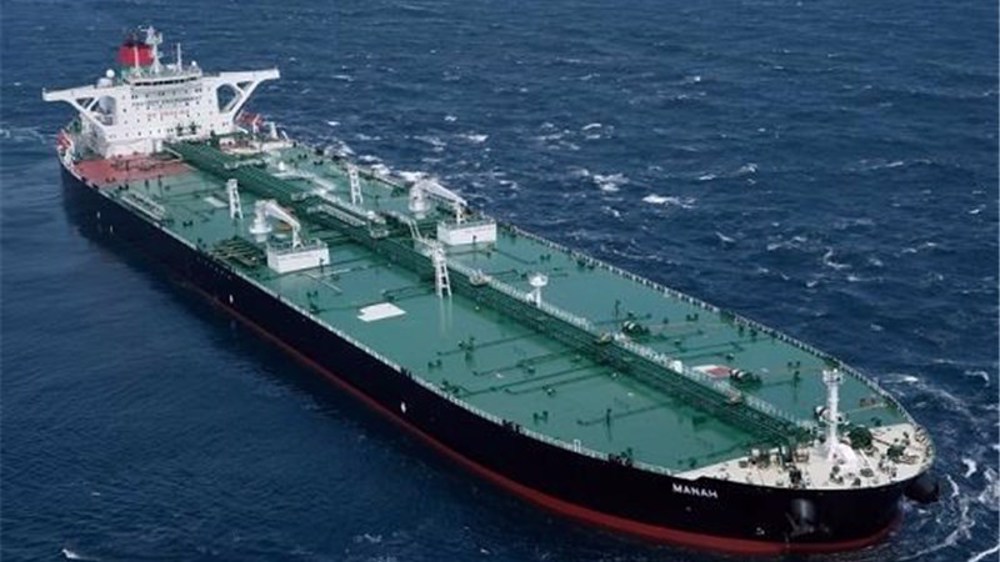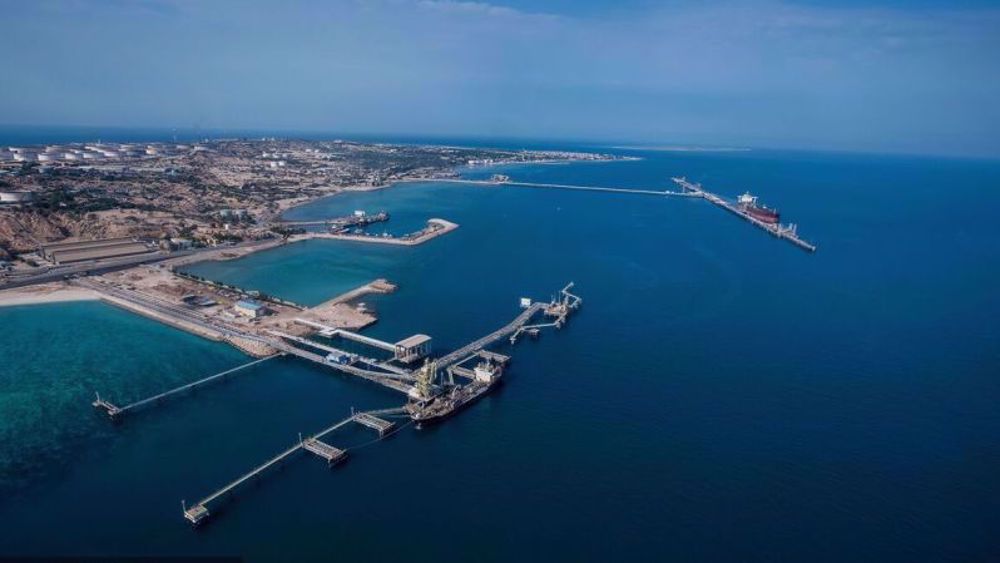OPEC facing its ‘hardest’ times in history
OPEC is at its hardest stage in history as oil producing members are struggling to build consensus around the need to trim production and stabilize the market, its chief Mohammed Barkindo says.
“OPEC has gone through good times and conditions for more than half a century and hard ones too, and the current stage is the hardest one,” Barkindo said in Baghdad on Tuesday.
Barkindo was in the Iraqi capital ahead of OPEC's meeting on Nov. 30, trying to cement an accord on supply cuts that would support sagging oil prices.
Speaking after meeting Iraqi Oil Minister Jabbar al-Luaibi, the OPEC chief said the organization is working hard on a solution to stabilize the market.
Iraq, which is currently the second largest producer in the Organization of Petroleum Exporting Countries, says it should be exempted from an OPEC deal to cut production.
An OPEC committee will meet later this week to discuss production quotas for individual countries after members reached a surprise agreement last month to reduce output for the first time in eight years.
Iran, Nigeria and Libya are the countries already pushing for an exemption from supply cuts and Iraq’s demand for a similar privilege presents a new challenge to OPEC which is also trying to woo non-OPEC producers such as Russia to join in the efforts to stabilize the market.
On Tuesday, head of state oil marketer SOMO Falah al-Amri said Iraq will not go back below 4.7 million barrels per day, "not for OPEC, not for anybody else."
Iraq’s production figures are more than OPEC's estimate which puts it at 4.455 million bpd. Iraqi officials have hinted that they may join the supply cut effort but from a higher baseline which would leave the country’s current output intact.

By coincidence, Iraq appears to be vying against Iran as the Persian country works to redeem lost ground after the lifting of sanctions, including its position as the second producer in OPEC.
Iraq overtook that place from Iran after the West imposed its most intensified sanctions on the Islamic Republic in 2012.
Iran has been ramping up production since those sanctions were lifted in January in order to return to former export levels. Minister of Petroleum Bijan Zangeneh said last week that Iran was producing about four million barrels of oil per day.

The Shana news agency quoted Managing Director of the National Iranian Oil Company Ali Kardor as saying that Iran's crude oil production capacity must reach 5.2 to 5.7 million bpd in the future.
Although this is a far-fetched target, oil refiners and trading houses from Asia to Europe have lined up to resume or start purchases from Iran, returning the country to the market much sooner than expected.
On Wednesday, an Iranian news agency said Bosnia and Herzegovina might be the latest European country to begin oil purchases from Iran.
Bosnian officials were to discuss imports of Iranian crude and oil and petrochemical products on Tuesday as chairman of Bosnia and Herzegovina’s inter-ethnic presidency Bakir Izetbegovic continued his visit in Tehran.
According to the Mehr news agency, Russia’s Zarubezhneft oil company which has a refinery in Bosnia has already discussed with NIOC taking Iranian oil.
Jordan sentences former lawmaker for supporting Palestinian resistance
Basij volunteer forces hold massive drills in southwestern Iran
Israeli war criminals 'not welcome', US city says after ICC ruling
US vetoing of Gaza ceasefire resolution ‘disgraceful’: Iran’s UN envoy
VIDEO | IAEA adopts anti-Iran resolution tabled by E3
VIDEO | Iran's president urges Pope to help end Israel's onslaught in Gaza
Iran's senior legal official: ICC arrest warrant for Netanyahu ‘great victory'
Nov. 21: ‘Axis of Resistance’ operations against Israeli occupation










 This makes it easy to access the Press TV website
This makes it easy to access the Press TV website